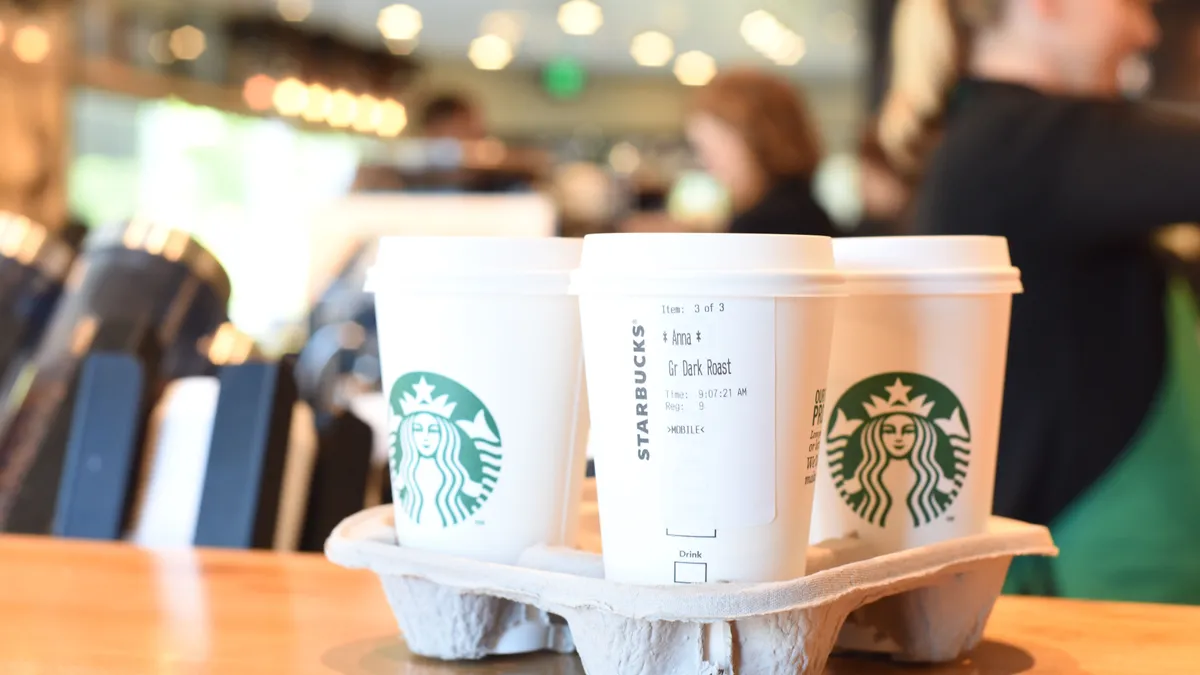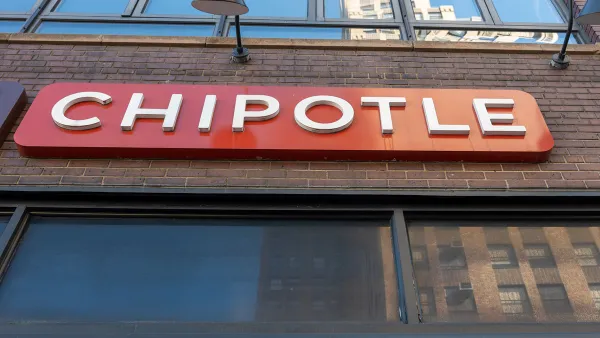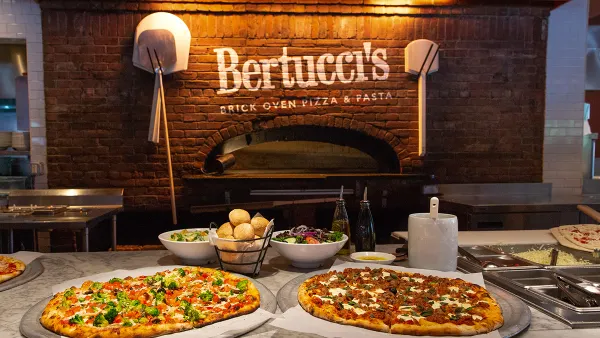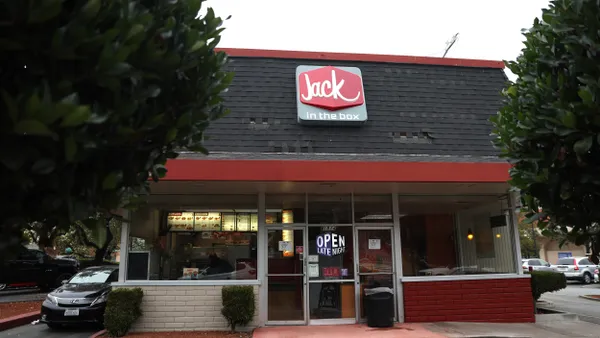Dive Brief:
- Activist investor Bill Ackman and his Pershing Square Capital Management hedge fund announced a $900 million stake in Starbucks this week, noting that the company’s store growth prospects, particularly in China, provide a significant growth opportunity, Bloomberg reported. He believes the coffee chain’s shares can more than double within the next three years.
- Ackman — who has also invested in Lowe’s, United Technologies Corp., Nike and Chipotle Mexican Grill — said that despite the company's recent same-store sales slips and declining stock prices, Starbucks is a “category killer” in the away-from-home coffee market, with market share that is 15 times that of McDonald’s, which is No. 2 in the category.
- Most of Ackman's optimism is staked in the coffee giant's Chinese prospects. He estimates that the Starbucks' China business will eventually surpass the size of its U.S. division.
Dive Insight:
Starbucks’ China plan is certainly ambitious. The company, which now has about 3,300 stores in 141 cities in China, plans to have 6,000 stores by 2022. China is a target for a reason — by 2022, the middle class is expected to reach more than 550 million people by 2022 and by 2030, the country is expected to have the world’s largest economy.
“The rising middle class will drive coffee growth and an increased demand for Starbucks,” Belinda Wong, CEO of Starbucks China, told shareholders in March.
China has been a silver bullet for American companies for a long time, including Yum Brands, which was the first major Western quick-service company to enter the market in 1987. Yum, which spun off its China business as an independent company in late 2016, expanded its system to more than 1,000 cities in China and the market generated more than half of the company’s revenue. Starbucks’ newly-named CFO Patrick Grismer held the same position at Yum Brands for three years, as well as several other positions throughout his 14-year tenure. In other words, he is well versed in what it takes to expand and thrive in the Chinese market.
Another reason for Starbucks (and Ackman) to be optimistic is the country’s changing habits. Chinese consumers are quickly becoming coffee drinkers, with consumption of the drink nearly tripling in the past four years.
However, there are still challenges in this market. Although China’s middle class and income continue to grow, the economy appears to be slowing. The allure of American brands may also be waning as trade wars continue to escalate, and some analysts have opined that the market is no longer a sure-fire win.
Starbucks’ recovery, then, can’t be dependent on growth in China alone. The chain is going to have to overcome stagnant sales at home and also fend off a growing competitive set in the strong-margined coffee space. According to Mintel, coffeehouse sales grew 41% between 2011 and 2017, now generating $23.4 billion.
Ackman said he is happy with the company’s management team and recent innovations, such as a streamlined portfolio and an improved mobile ordering and payment app. The company is also expediting its store closures next year to 150, meaning it is correcting its overexpansion and reigning in cannibalizing and underperforming stores.
The stock market was bullish on the Ackman news, with Starbucks’ shares rising as much as 5% following his announcement. The bigger question is whether or not consumers will be sold on the company’s direction.












